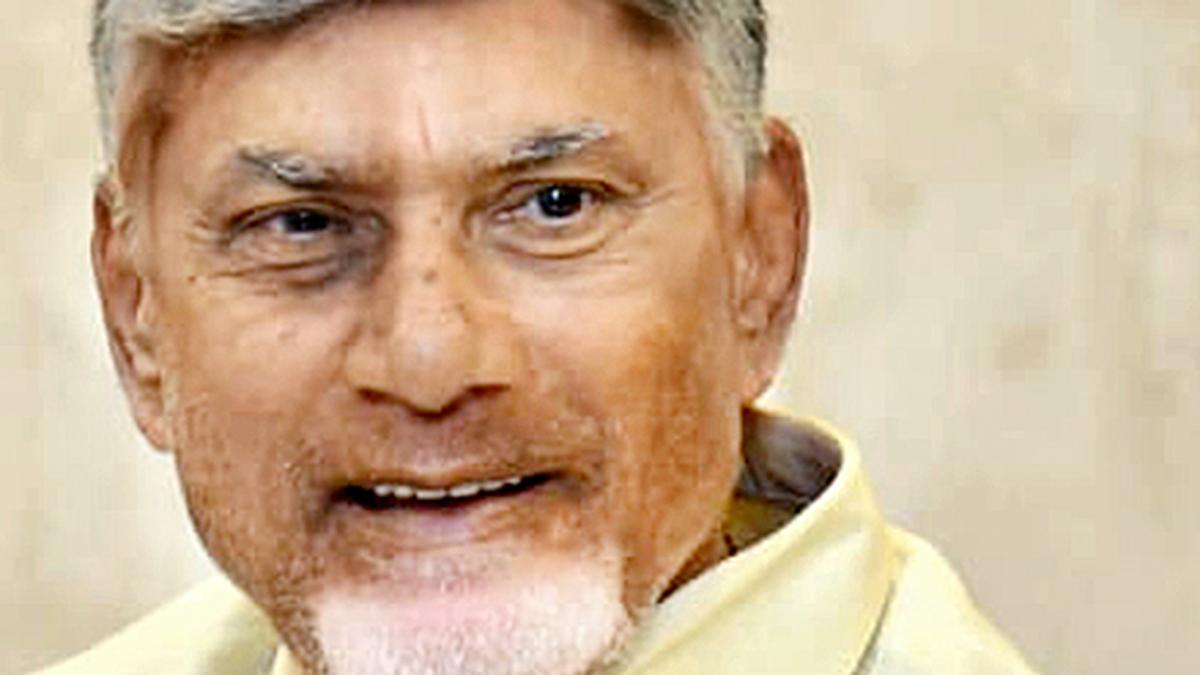ARTICLE AD BOX

India is emerging as a key destination for global railway equipment makers, with the country’s decade-long investment plans offering huge opportunities for both domestic and international firms.
Experts say India could become an export hub, but manufacturers should focus on quality and adopt international standards, ET reported.At the 16th International Railway Equipment Exhibition (IREE), Union railways minister Ashwini Vaishnaw outlined a bold vision for the nation’s railways. He announced plans to build 7,000 kilometres of high-speed passenger corridors by 2047 and unveiled new variants of Vande Bharat and Amrit Bharat trains.
He also urged domestic manufacturers to expand into global markets, while criticising suppliers of sub-standard components and warning of strict action.Global companies are already responding. Siemens Limited’s managing director and CEO, Sunil Mathur, said the company is localising global innovations for Indian conditions, while maintaining high-quality standards. "Siemens follows the Make in India for India and for the world approach," he said, adding that its Aurangabad factory is exporting bogies to Europe.
Railway board chairman Satish Kumar reassured manufacturers that support for indigenisation would continue, but quality improvements were essential. Rakesh Jain, vice president of Digital Intelligence at Wabtec, supported this view, “It is important for manufacturers to invest in inspection technologies and instruments for checking quality of material and equivalents.”Interest from other global players is rising. Radek Svoboda, managing director of Czech Republic’s Skoda Group, said, "Our company does not differentiate between India and other markets in respect of quality and safety."
Tata AutoComp Systems and Skoda recently formed a joint venture to produce railway propulsion systems in India. Amit Dey, board member at TM Fainsa, a Tata AutoComp unit, said that high-tech component production at scale is critical for both domestic use and exports.Manoj Kumar Krishnappa, head of India operations at Hitachi Rail, highlighted the role of strategic partnerships. "Continued policy support will help foster a favourable environment for railway equipment manufacturers," he told ET, stressing the adoption of digital technologies to improve quality and efficiency.Nishunk Garg, project director at Kinet, an Indo-Russian joint venture producing sleeper variant Vande Bharat trains, said India aims to go beyond local manufacturing. "By integrating best global practices into the Vande Bharat product, new opportunities open for India in the international market," he said.

 1 hour ago
3
1 hour ago
3









 English (US) ·
English (US) ·